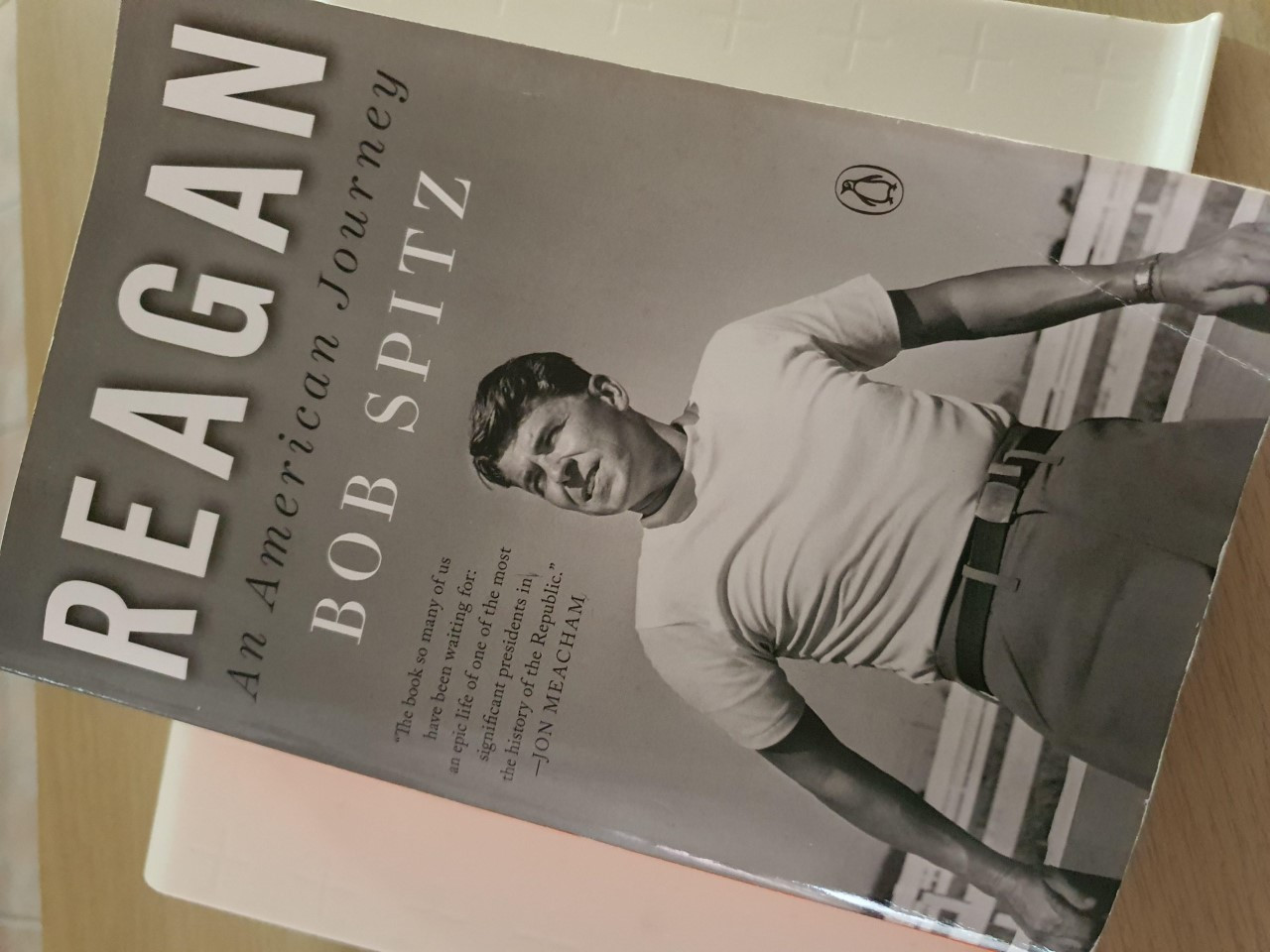In our early teens during the 1980s, when televisions were slowly becoming more and more common in the capital Malé, TV broadcasts were limited to a few hours and we were a devoted audience to Television Maldives — in fact we were a captive audience.
News was a huge deal at that time; for us our only glimpse to the outside world was the foreign news on TVM. Our first “real” President who we came to know and understand was the President of the United States at the time, Ronald Reagan.
My friend Ibrahim Shafiu and I had drawn out discussions about President Reagan and his style of administration and this is when our admiration for Reagan began. Once in a while Shafiu would bring a Newsweek or a Time magazine and this would server to heighten our curiosity for world affairs. The United States would dominate world politics at that time, unconsciously engraining an enduring image in our subconscious.
At the beginning of the year Shafiu was changing flights from Kuala Lumpur and he would stay half a day for the next flight. Since I was also in Kuala Lumpur at the time, we arranged to meet. Upon meeting he revealed a fittingly sentimental gift — the biography of President Ronald Reagan, ‘REAGAN’ An American Journey by Bob Spitz.
With the onset of COVID-19, and restrictions on movement, I started on the book. Reagan’s biography is truly of one whose life has been lived to the fullest.
With humble beginning from a poor family, and one with hardships and struggles, Reagan showed leadership at a tender young age. His relationship with his mother was loving, caring and dependable.
He did fairly well in school where his leadership was increasingly evident. He garnered popularity with each new undertaking — initially most famously as a radio jockey and later as a movie star. He would go on to contribute far more to the entertainment industry as the Chairman of the Actors Guild than as an actor.
With the Second World War, when he was called for active military service, he came forward without hesitation. He was an Army recruiter and America saw more of him in Uniform than the Allied Commander.
All of this gave prominence to Reagan’s image and character; and with the war over, and him realising age was catching to him in the acting arena, Reagan turned to politics.
Winning the California Governorship twice was enough to cement his political status and from 1968 onwards he would play key roles in every presidential election until he himself would take the office of the presidency in 1981.
Reagan’s wife Nancy played a vital role in fostering the dream he was pursuing. During his presidency Nancy was influential in determining his schedule and movement. She was active in all his campaigns; an unfaltering presence of support always by his side.
His presidency had its share of internal power games and disputes among the core Whitehouse team and other key figures. Yet Reagan made a mark on history not only as a president serving two terms in the Whitehouse but also for his economic policy and foreign policy. Reagan is remembered for many things, his communication skills, his jokes, clamping down on terrorists and leading the United States during the cold war.
He left office having positioned and succeeded in placing his Vice President as his successor; something that has not happened since.
Towards the end of the biography the author mentions President Richard Nixon as being a mentor to Reagan — something I disagree with as they were at loggerheads since the early 60’s.
The love Reagan had for Nancy remained strong till his last breath; his last glance was of her.



